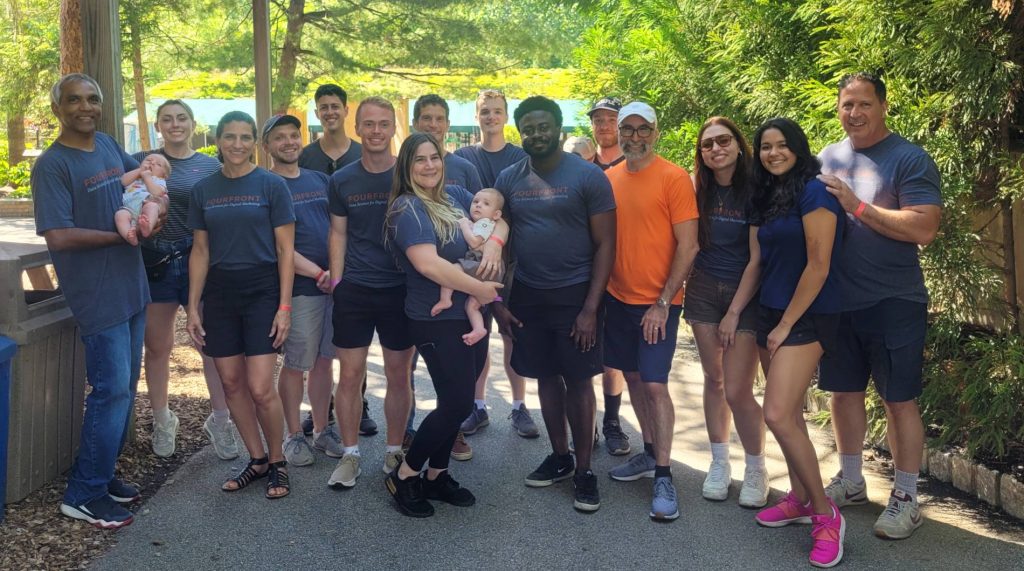Updated: Jan 13, 2020
The key to an effective time management guide is a combination of communication and getting specific. Talk with your superiors, ask them what they expect from an intern. The most common mistake for interns would be to assume that you are not valuable if there is not work for you at that moment.
Instead, find out what your purpose is in the company, and use that as a foundation. To build up from that foundation, I have created a time management guide. It’s worthwhile to spend some time every morning at work, making a guide for the day.
An Intern’s Guide to Time Management
Tasks
Daily tasks are the highest priority for this guide. These are the specific assignments that are given to you. Whenever you receive a specific task, it should come before anything else in the guide.
In the morning, I run through what I did the day before and find out if there is anything that still needs to be worked on. After that, I sit down with someone and ask them if there are any tasks they need me to do that day. These tasks are your job responsibilities, and they should always be your focus.
Communication
As I stated above, communication is key to professional success. Many of my communication goals involve asking about daily tasks, but it also extends to any kind of office communication. A goal can be to have lunch with a certain person in the office, or to schedule a meeting. Any kind of important interaction in the office should be treated like a task to be accomplished. That way, you don’t fall into the trap of being too comfortable to speak to new people at work.
Personal Projects
After enough time at your job, you can start to include personal projects. It is more important to establish yourself with daily tasks and communication goals so you are valuable to the company. From there, though, you can begin finding ways to contribute in your own unique way.
It is not simple to find your unique contribution, it takes communication and personal reflection. At some point, you will find a missing piece in the company or someone will reveal it to you. You can then brainstorm how to use your specific skills to provide that missing piece to the company.
My personal contribution was video production for FourFront’s newest series, “TomTalks.” With my background in film and my perspective as an intern, I could help brainstorm ideas and then produce them. A unique contribution does not need to be big, even something small will raise you out of the ‘intern’ identity and give you a personality in the office.
Training
As much as you should try to contribute to the office, you should also be finding ways to benefit from being surrounded by experts. One of your communication goals can be to ask someone for training, either personally or through a website they recommend.
Setting Priority
There are many different options online, including certificates in nearly every field. By getting a certificate in a related course, you are increasing your value in four different ways:
1. You are expanding your knowledge base in the industry.
2. You are increasing your value on your resume.
3. You are increasing your value as an intern.
4.You are using free time wisely.
Creating Your Own Time Management Guide
This guide works from the highest priority, daily tasks, to the lowest, training. Every goal on the list is important, but you should not do a lower-priority goal before a higher-priority one.
- Don’t ask for more work if you haven’t completed tasks you already have.
- Don’t work on your own personal projects until you ask for more tasks.
- Don’t take a training course before the tasks and personal projects are completed.
By setting up this time management guide, you are staying exactly as productive as you want to be. It becomes harder to forget your responsibilities, and with a full daily guide you are expanding your responsibilities every day.
I set up daily, weekly, monthly, and internship-long guides. The goals go from micro to macro, but they are all specific. Just because you are working on a much larger time-frame, does not mean you can be any less specific.
Set goals like ‘Complete three tasks a day.’ or ‘Get certified in Google Analytics.’ By staying specific, you are giving yourself a foundation to set your daily goals with. Now you know what your daily goals should be working toward in the long run, and so your daily guides will get more specific and ambitious too.
Craig Whitney is a Digital Marketing Intern at FourFront. His primary responsibilities at FourFront include preliminary client research and producing FourFront’s newest series. “TomTalks.” In the fall, Craig will be a senior at Temple University, where he is an Advertising major with a concentration in Copywriting. You can reach Craig at craig.whitney@fourfront.us.









